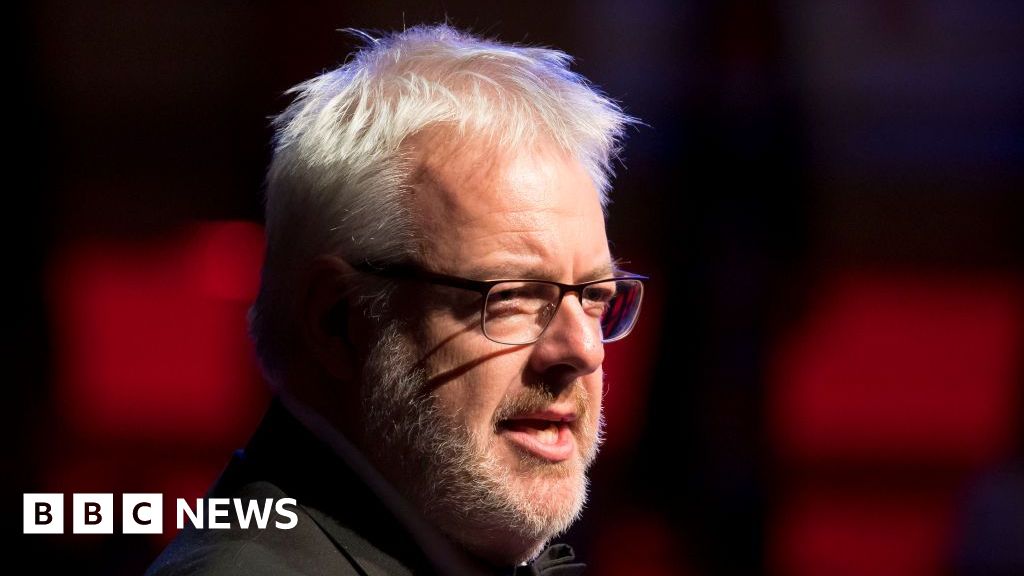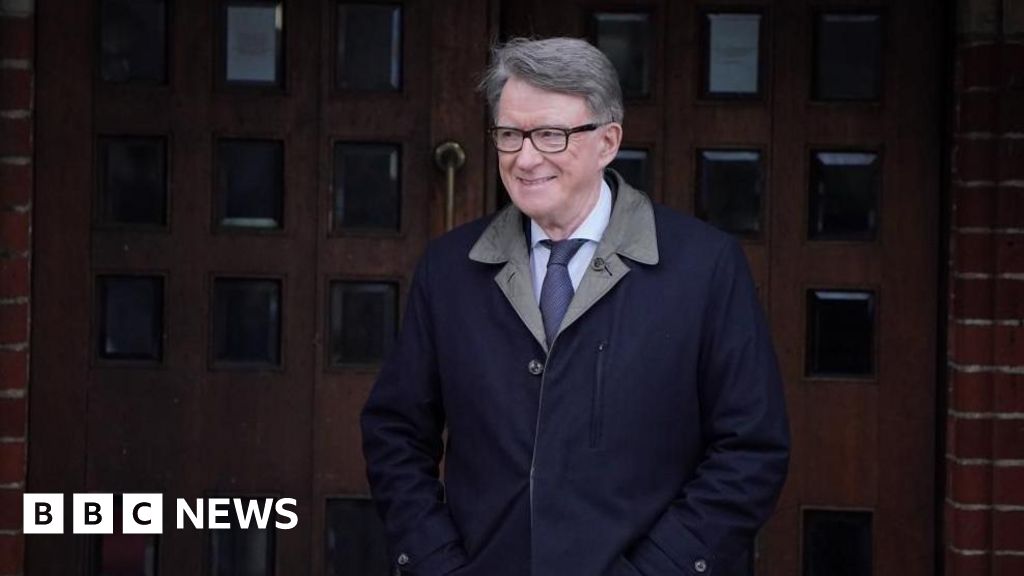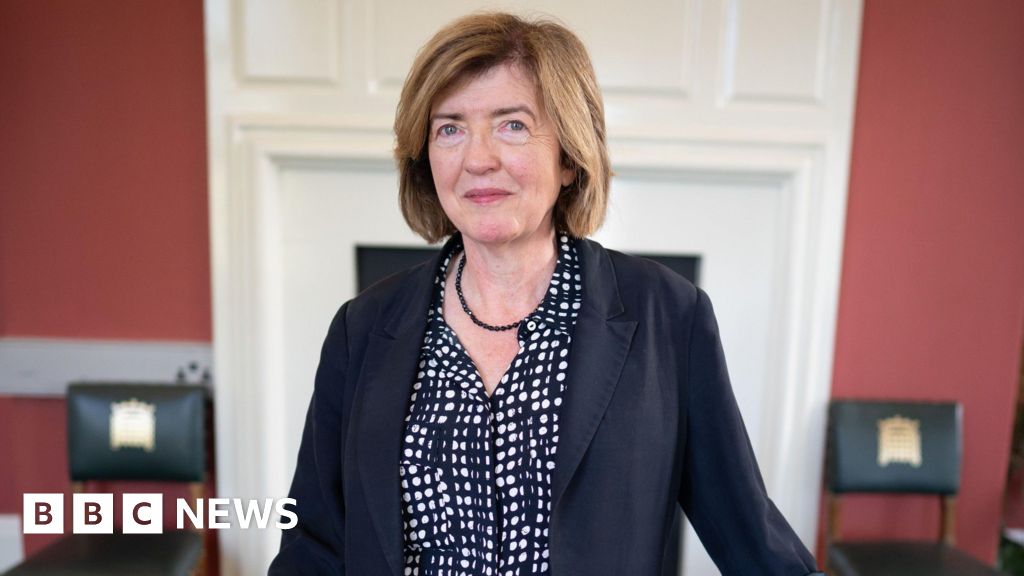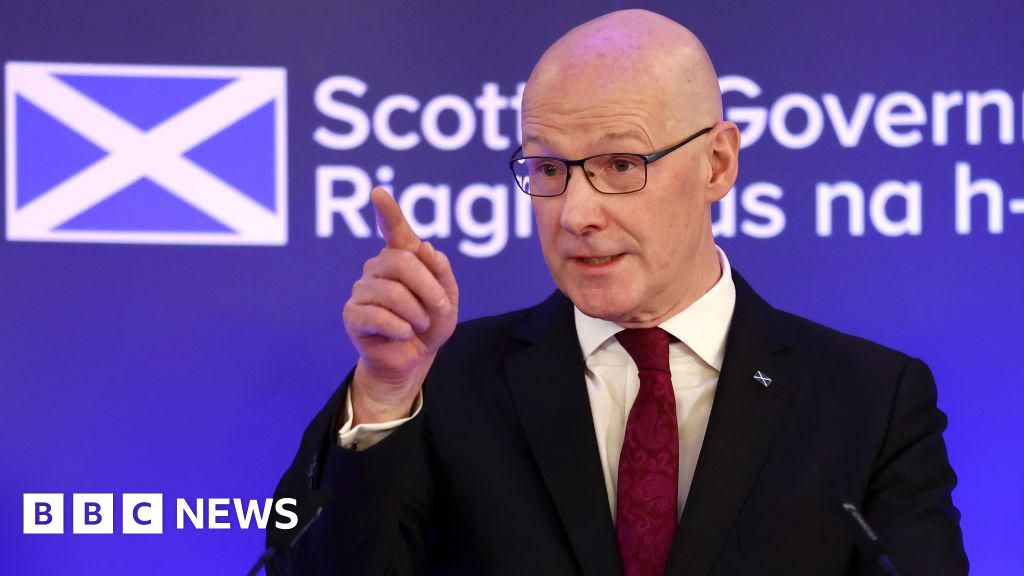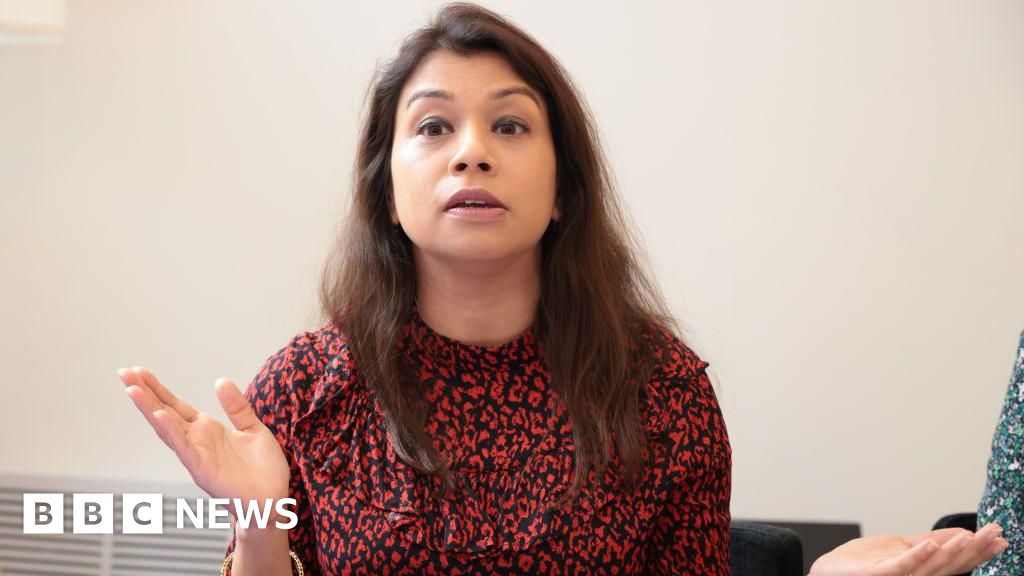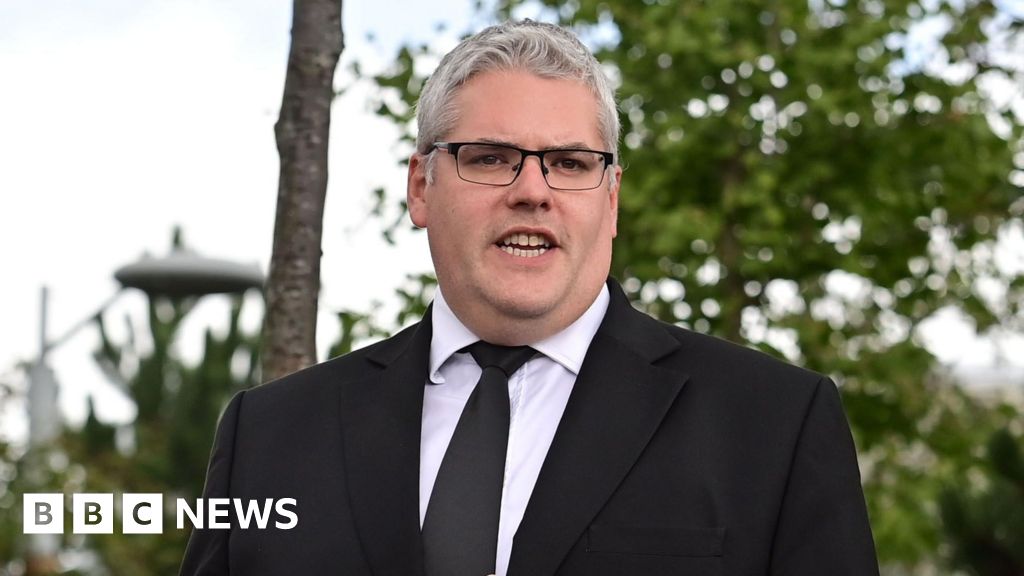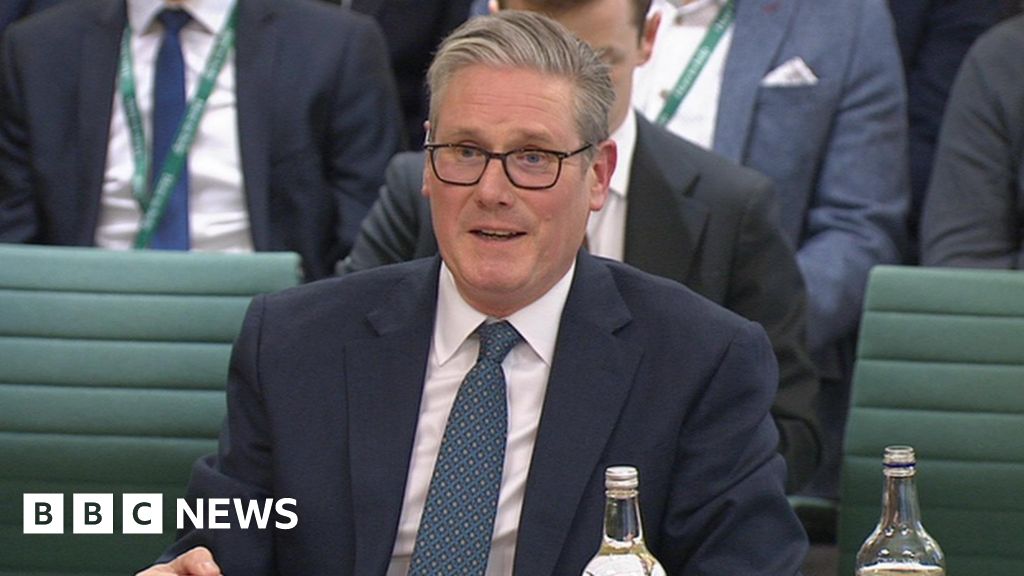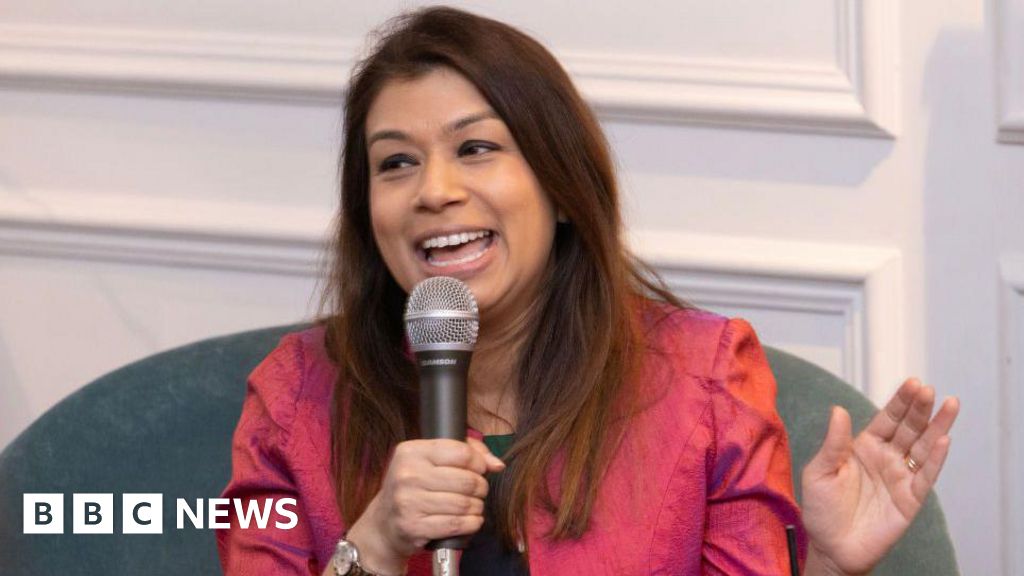Chancellor Rachel Reeves has announced a massive £40bn package of tax increases to fund the NHS and public services in Labour’s first Budget for 14 years.
But she insisted “working people” would not see an increase in income tax, National Insurance and VAT, fulfilling a promise made by Labour at the general election.
Employers will take the biggest hit – with an increase in National Insurance contributions on their workers’ earnings which will raise up to £25bn a year for the government.
Conservative leader Rishi Sunak accused Reeves of breaking her promises to workers and “hobbling” economic growth.
“They’re taxing your job, they’re taxing your business, they’re taxing your savings. You name it, they’ll tax it," Sunak told MPs in his final Commons appearance as leader of the opposition.
But Reeves claimed any “responsible chancellor” would have been forced to do the same to “fix the foundations” of the economy.
In a marathon 76 minute speech, she said Labour would fulfil its promise to voters in July's election to “invest, invest, invest” to "drive economic growth".
Labour had said that their number one “mission” was growth - and that they would achieve the highest rate of growth of any G7 country within five years.
However, the Office for Budget Responsibility's assessment was that the package of economic measures ultimately "leave GDP largely unchanged in five years".
Labour's first Budget since 2010 sees the second biggest increase in taxes in UK history.
As measured by amount of tax raised relative to the size of the economy, it is slightly smaller than Conservative Chancellor Norman Lamont’s 1993 Budget.
But in a surprise move, Reeves decided not to continue a freeze on income tax thresholds beyond 2028, which would have dragged millions of people into the tax system for the first time or pushed them into paying higher rates.
And she announced changes to Labour’s self-imposed borrowing rules to allow the government to pump billions into the UK's infrastructure and fund improvements to crumbling schools and hospitals.
She also froze petrol duty for next year - and retained a 5p cut introduced by the Tories that was due to expire in April.
But she said a £22bn “black hole” inherited from the previous government meant tax rises were needed.
In what was the first Budget speech by a female chancellor in the UK's history, Reeves told MPs: "This is a moment of fundamental choice for Britain.
"I have made my choices. The responsible choices. To restore stability to our country. To protect working people.
"More teachers in our schools. More appointments in our NHS. More homes being built.
"Fixing the foundations of our economy. Investing in our future. Delivering change. Rebuilding Britain."
The OBR's forecast suggested gross domestic product growth will be higher in 2024 than expected in March - upgrading it from 0.8% to 1.1% and from 1.9% to 2.0% in 2025.
But there are downgrades in subsequent years - down from an expected 2% in 2026 to 1.8%, from 1.8% in 2027 to 1.5% and from 1.7% in 2028 to 1.5%.
Borrowing is expected to reach £127bn this year.

 1 month ago
15
1 month ago
15
